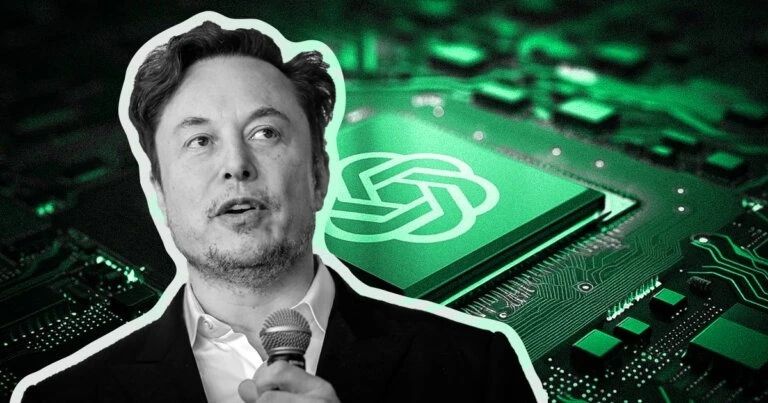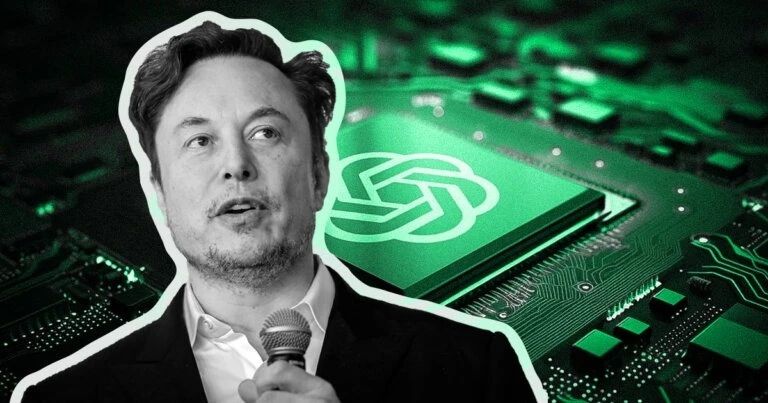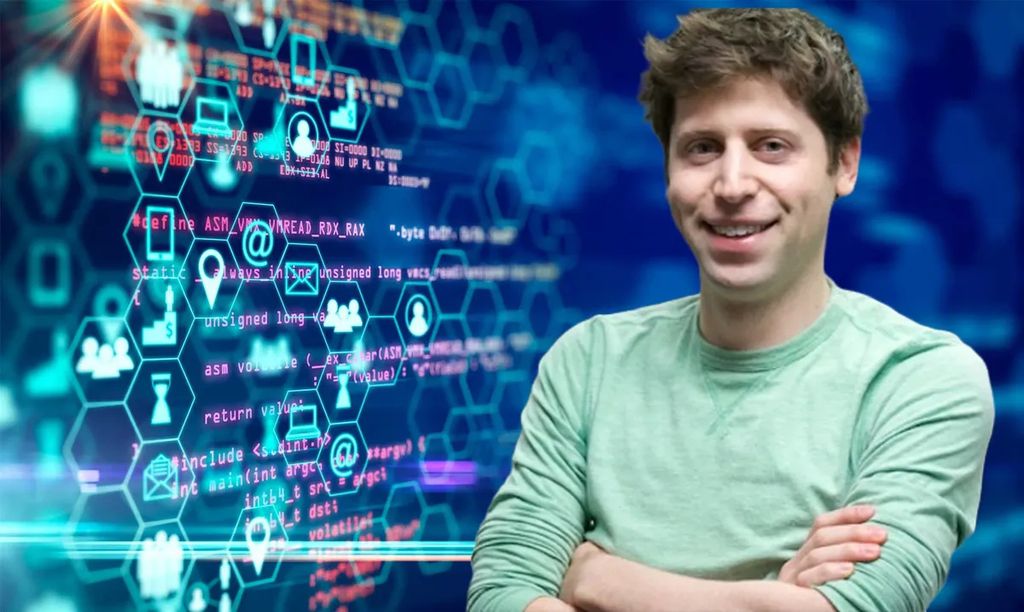
Newly released court documents show that Tesla CEO Elon Musk dismissed a proposal by OpenAI CEO Sam Altman in 2018 to launch a cryptocurrency token. Musk reportedly rejected the idea, citing concerns about potential reputational damage to OpenAI.

Musk’s Concerns Over OpenAI’s Token
According to documents filed on November 14, Altman had suggested an initial coin offering (ICO) for OpenAI, involving the creation and public sale of a company-backed cryptocurrency. Musk’s legal team described the proposal as “potentially fraudulent,” emphasizing that Musk immediately turned it down when Altman presented the idea.
“This would only lead to severe reputational damage for OpenAI and everyone involved in the ICO process,” Musk is quoted as saying in the filings.
A History of Controversial Proposals
The court documents also reveal that the ICO proposal came shortly after another contentious idea from Altman and OpenAI Chairman Greg Brockman. In 2017, the duo reportedly urged Musk to transition OpenAI from a non-profit research organization to a for-profit entity.

Musk strongly opposed the move, warning Altman and Brockman to either stay true to OpenAI’s non-profit mission or pursue their own separate ventures.
A Complex Partnership
Musk and Altman co-founded OpenAI in 2015 as a non-profit research organization with the goal of advancing artificial intelligence (AI) for the benefit of humanity. Musk contributed tens of millions of dollars in funding, while Altman relied on Musk’s reputation and financial support to propel OpenAI forward.

The two formed a strategic alliance to counter Google’s dominance in AI development. However, as the organization’s trajectory shifted, the relationship between Musk and Altman deteriorated, culminating in Musk distancing himself from OpenAI.
Implications of Musk’s Rejection
Musk’s rejection of the cryptocurrency token underscores his focus on safeguarding OpenAI’s reputation during its formative years. It also highlights his broader concerns about the risks associated with speculative financial ventures, especially those tied to emerging technologies like AI and blockchain.

As OpenAI continues to evolve, transitioning into a capped-profit model in 2019 and facing scrutiny for its commercial partnerships, these court revelations shed light on the early decisions that shaped its direction—and the fractures that ultimately emerged within its leadership.